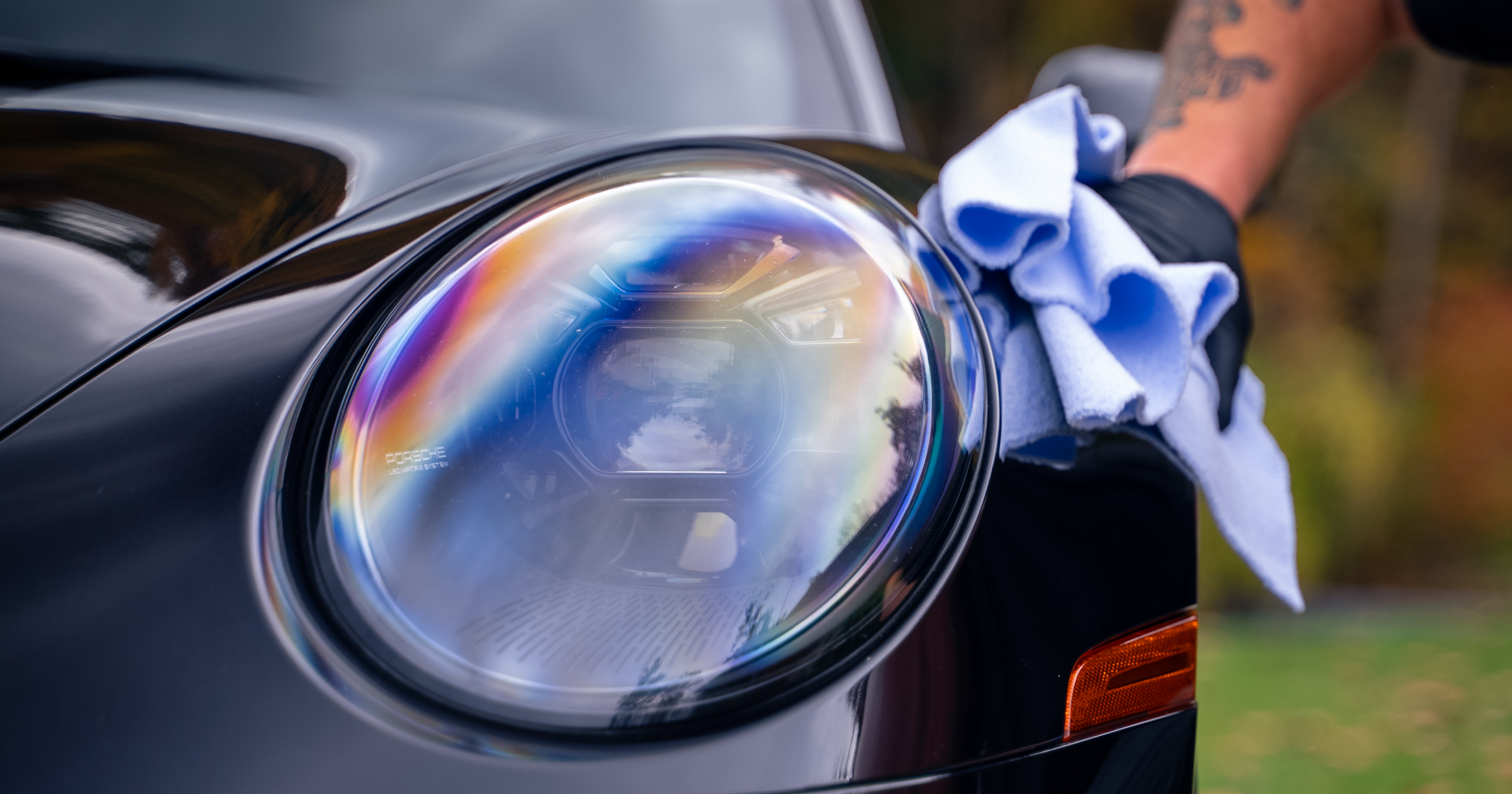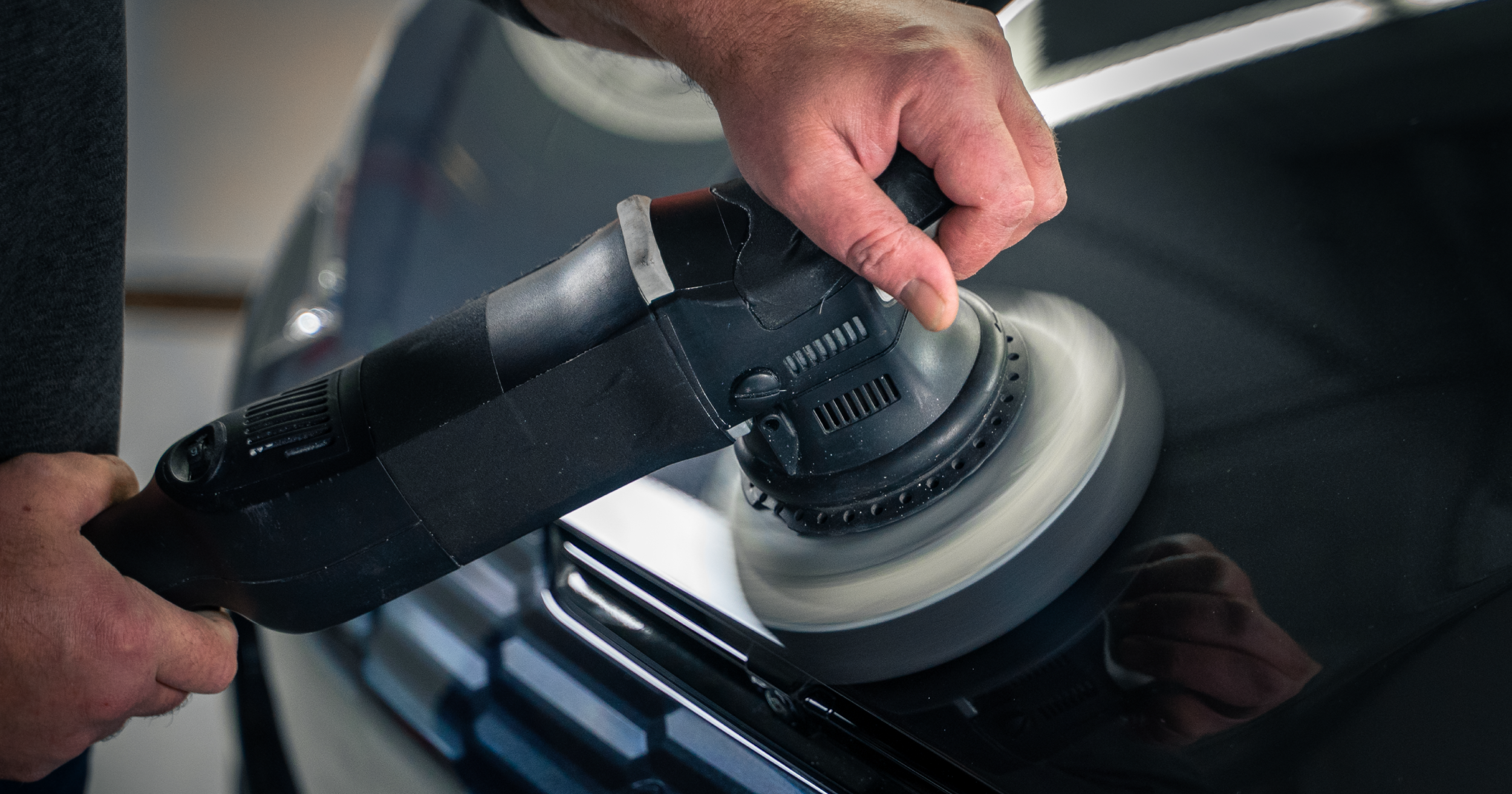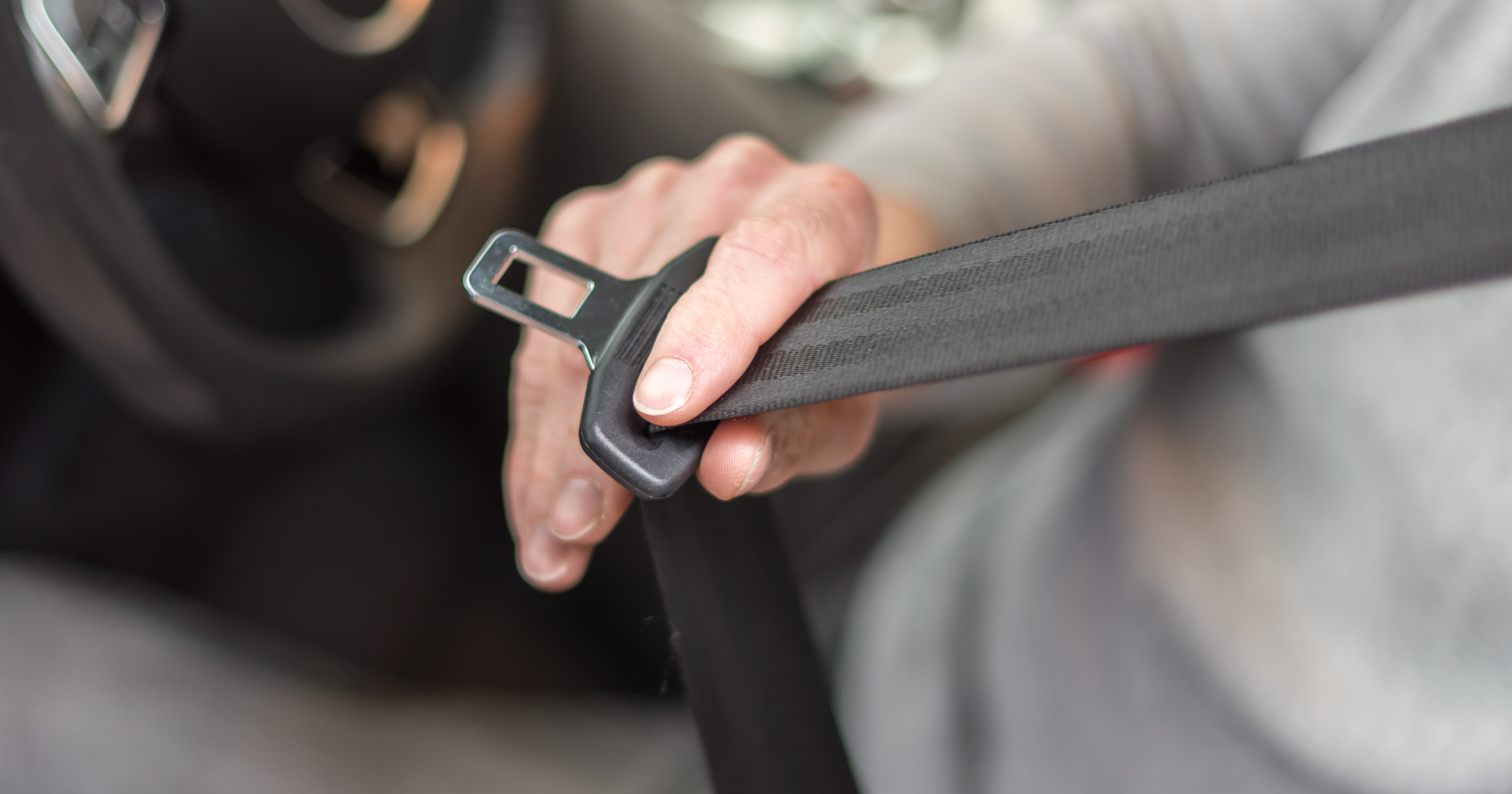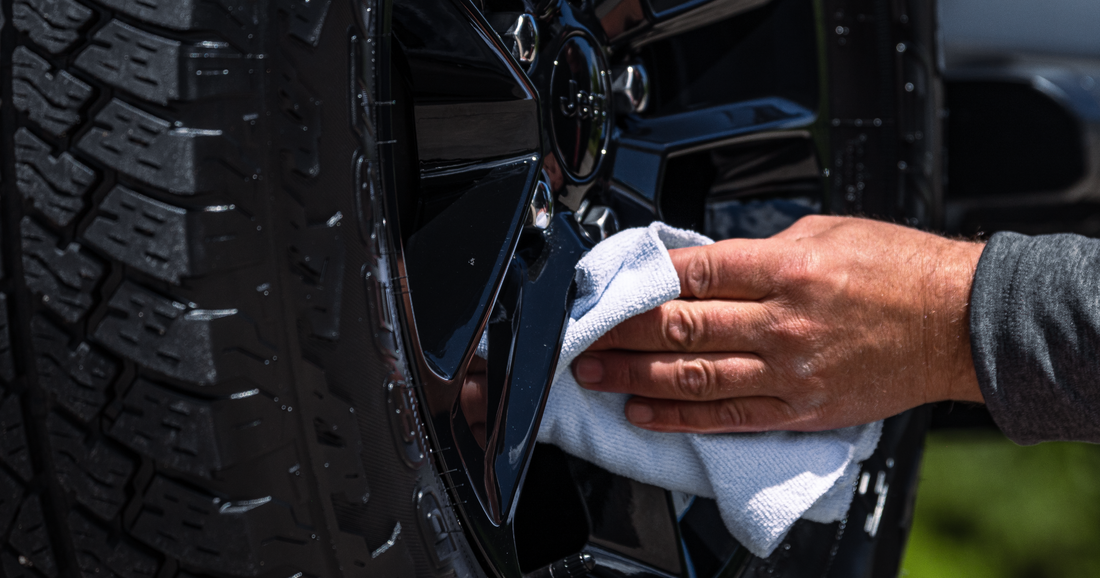The Best Wheel Cleaners to Clean Grime from Rims without Causing Damage
When it comes to choosing the best car wheel cleaner, no one cleaner is going to work for all wheels. Unfortunately, a simple car wash won’t do the trick either. There are many different types of wheel cleaners, each having its pros and cons. So how do you know which cleaner is the best choice for your wheels? Knowing what you should use to clean your wheels is an essential part of car care.
Table of Contents
- 3 Cleaner Types
- Acid
- Acid-Free
- D-Limonene
- Safety
- Key Takeaways
Three Different Types of Wheel Cleaners
Before cleaning your wheels, it’s important to understand what wheel finish you have on your vehicle. Are you sporting black wheels, chrome wheels, powder-coated wheels, or aluminum wheels? This will determine what cleaners are compatible with your wheel surfaces, will get the job done, and won’t cause lasting damage to the rims.
You should also evaluate the level of dirt and road grime caked up on your wheel. Simply using a pressure washer will not effectively clean your wheels and tires. The right chemical is necessary. If there is hard brake dust burnt onto the surface, you will need to use a cleaner strong enough to remove it.
There are three basic types of wheel cleaners used in car detailing:
- Acid
- Acid-Free
- D-Limonene
1. Acid Wheel Cleaners
Acid-based cleaners are extremely powerful and are ideal for tackling the toughest contamination. They are excellent at breaking down stubborn brake dust, industrial fallout, and other ingrained contaminants that can take hold of wheels. Similar to an iron remover, acid wheel cleaners also remove deeply embedded deposits like rust stains from wheels. However, unlike your typical iron remover, which can be used on wheels and the body of the car, acid wheel cleaner should be treated with caution and used only on the wheels.
While acid wheel cleaners are the most powerful type of wheel cleaner, they are also the most dangerous option and can cause personal injury or long-term damage to wheels if used incorrectly. Failure to use acid wheel cleaners properly can cause damage to polished aluminum wheels (these do not have a clear coat), magnesium, and wheels with a damaged clear coat. These formulas can also be extremely toxic to the environment, so we recommend using acid-based cleaners only when necessary.
With appropriate dilution, proper application techniques, and recommended personal protective equipment (PPE), acid wheel cleaners can be used safely and effectively. Power Brite™️ Acid Wheel Cleaner is a great option for chrome wheels and chrome-plated wheels. It is a very strong, hydrofluoric acid-based cleaner that removes rust, road dirt, brake dust, and oily films in one easy step.
2. Acid-Free Wheel Cleaners
While non-acid wheel cleaners are generally outperformed by their acid counterparts, acid-free formulas can still be very potent. They also tend to have a better safety profile than acid-based cleaners. Non-acid cleaners are safer for the environment and your health and pose a lower risk of damaging your wheels.
Even though these acid-free formulas are not as tough on dirty wheels as acid wheel cleaners, they are safe for use on virtually all types of wheels. Fast Shot Wheel Cleaner is a powerful, non-acid wheel and tire cleaner that removes dirt and baked-on brake dust from coated aluminum and alloy wheels. Its clinging formula works quickly to clean wheels and make tires shine, making them look bright and new again.
Other acid-free options, like Brake Off™ Non-Acid Wheel Cleaner, are alkaline wheel cleaners that are ideal for cleaning intricate coated and machined wheels (Mercedes, Volvo, and BMW aluminum and alloy wheels). These can be very effective in high-production aftermarket shops that deal with heavy buildup and contamination on wheels.
3. D-Limonene Wheel Cleaners
Another safer alternative to the acid wheel cleaner is the D-Limonene wheel cleaner. D-Limonene is a naturally occurring substance that is derived from citrus fruit peels and has substantial cleaning capabilities. This strong solvent is used in many cleaning products and is the least harmful to the environment, your health, and your vehicle. You may just need to pair these cleaners with a wheel brush or wash mitt for light agitation to fully remove contamination.
D-Limonene wheel cleaners dissolve and loosen burned-on brake pad dust, grease, oil, and dirt like other wheel cleaners, without the harsh side effects. A great example is our own Complete™ Wheel & Tire Cleaner Non-Acid Formula. This ready-to-use wheel cleaner comes in a pre-diluted spray bottle and is powerful, yet safe on virtually all wheel types.
Take Precaution to Clean Wheels Safely
Always read and adhere to all application instructions, as dictated by the product label, when using any wheel cleaner or other cleaning chemicals. Use proper personal protective equipment and follow all necessary safety precautions to avoid injuring yourself or damaging your vehicle.
Another important consideration will always be wheel type. Before applying any cleaner to your wheels, make sure you know what kind of wheels you have. It’s also critical to inspect the wheels for any damage to the clear coat. You don’t want harsh chemicals to get trapped beneath this layer, worsening the damage that has already begun.
Lastly, when using a new wheel cleaner, test it on an inconspicuous area of the wheel to determine if it is safe to use on the whole wheel. If the surface changes color or texture, you know not to continue application.
Key Takeaways: Know Your Wheels
Car enthusiasts and professional detailers alike can keep their wheels in top shape with the right wheel cleaning products. The best wheel cleaner for any vehicle will depend on a number of factors. There is not one wheel cleaner that will work for everyone. Understanding the severity of contamination and the wheel type are the best ways to determine your wheel cleaning needs and how to address them. With those two things in mind, you can be sure you are using the best wheel cleaner for you.




